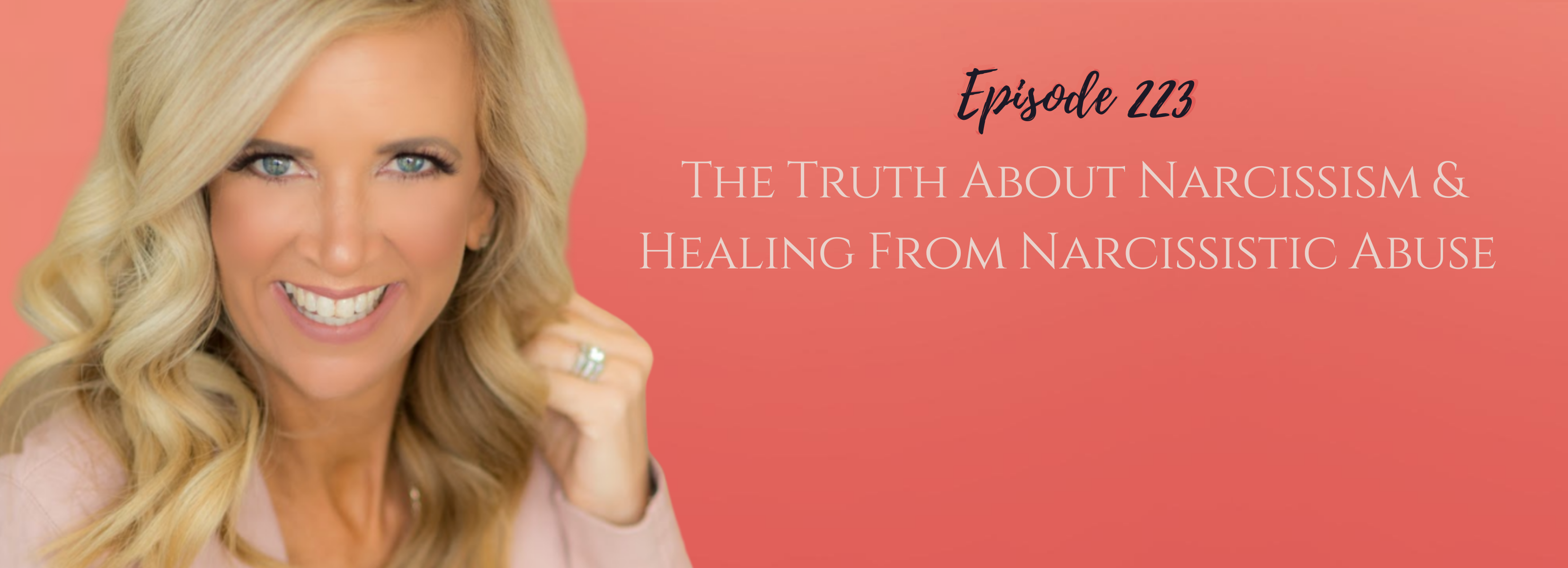
The Truth About Narcissism & Healing From Narcissistic Abuse
with Brenda Stephens, MS, LPCC| 7.26.2023
In this episode, Kristen sits down with Brenda Stephens, a licensed professional clinical counselor who works solely with survivors of narcissistic abuse and trauma. They delve into the truth about narcissism and the process of healing from narcissistic abuse. They also explore the three types of narcissists and highlight the red flags to watch out for in narcissistic relationships.
You'll Learn
- The different types of narcissism and how they develop from childhood experiences.
- The red flags to identify if you are in a relationship with a narcissist.
- The concept of love bombing and its role in narcissistic relationships.
- How to trust your intuition and break free from the cycle of confusion and self-doubt.
- Valuable insights on healing from narcissistic abuse and reclaiming your sense of self-worth.
Resources
The Healing Power of Inner Child Work
For counseling services near Indianapolis, IN, visit www.pathwaystohealingcounseling.com.
Subscribe and Get a free 5-day journal at www.kristendboice.com/freeresources to begin closing the chapter on what doesn’t serve you and open the door to the real you.
Subscribe to the Close the Chapter YouTube Channel
This information is being provided to you for educational and informational purposes only. It is being provided to you to educate you about ideas on stress management and as a self-help tool for your own use. It is not psychotherapy/counseling in any form.